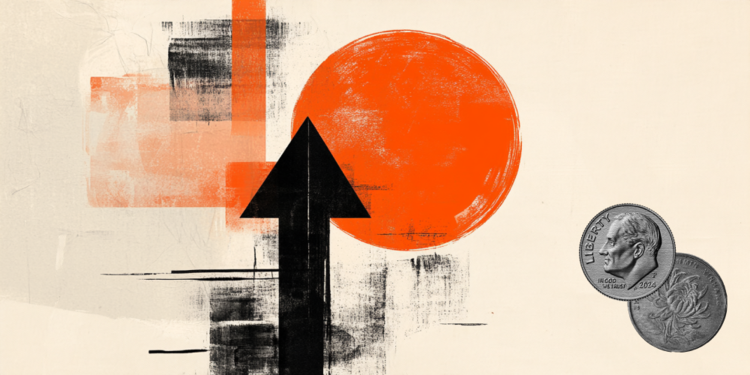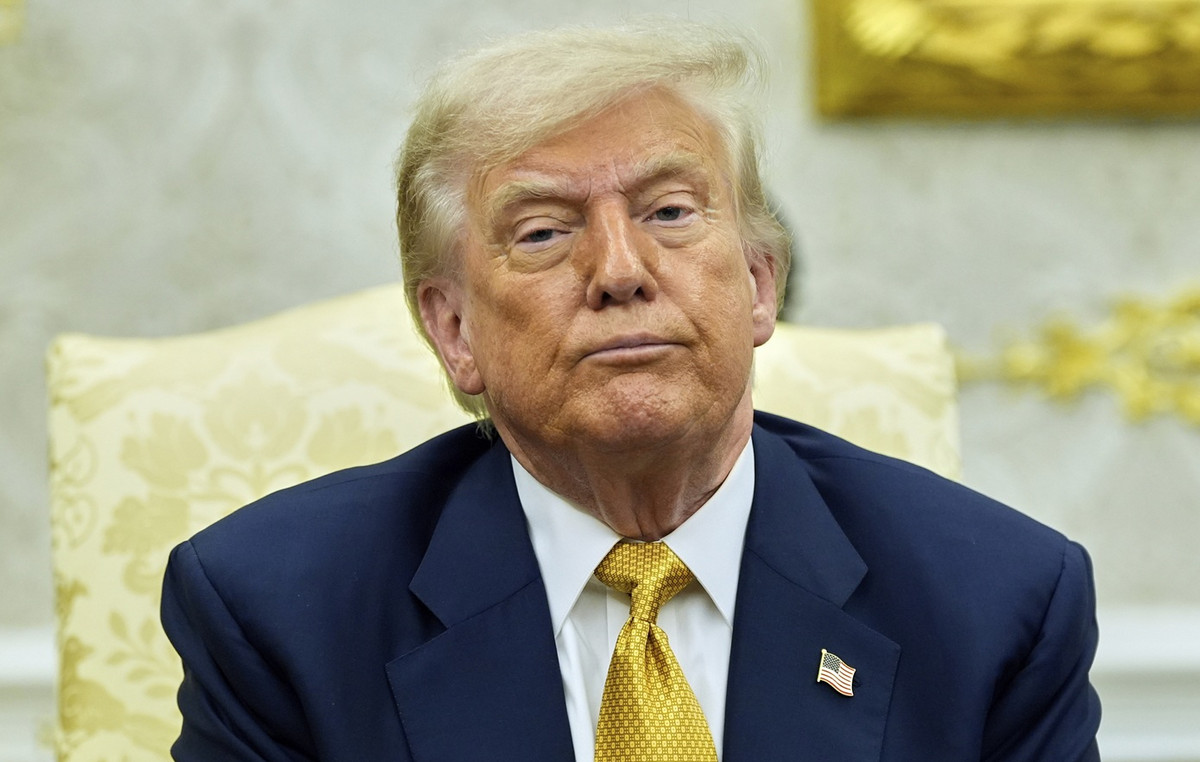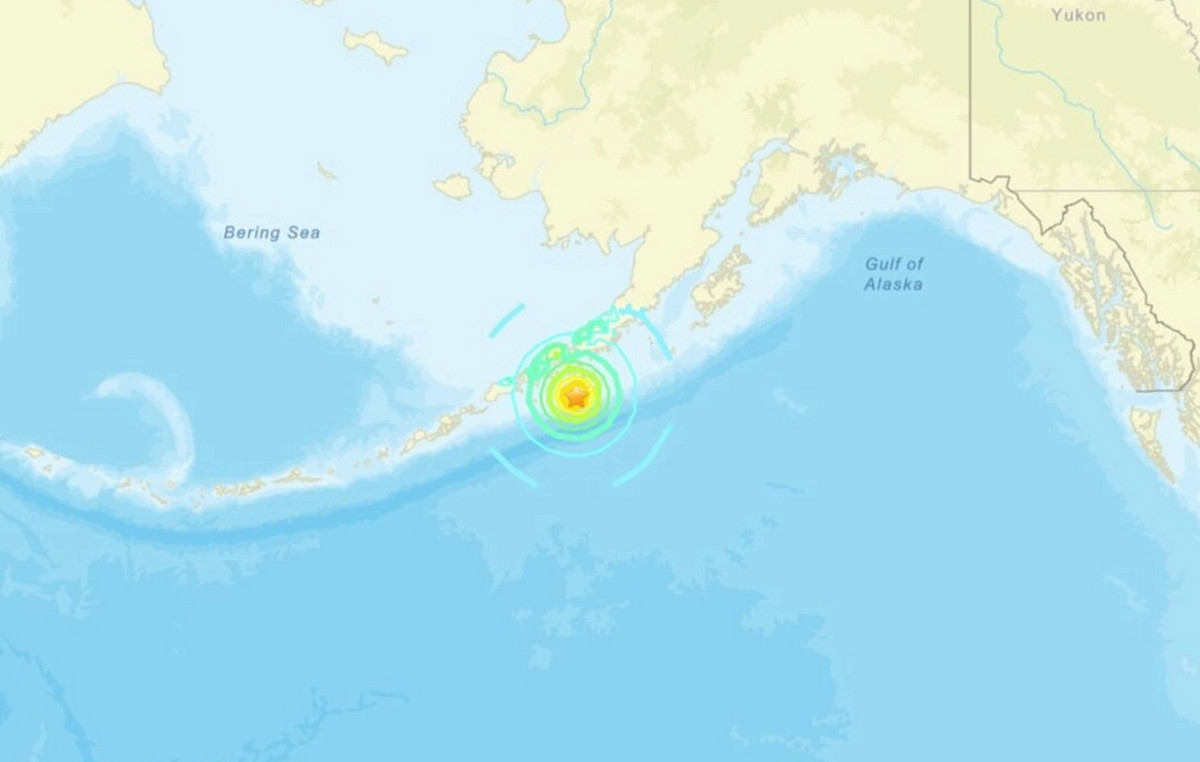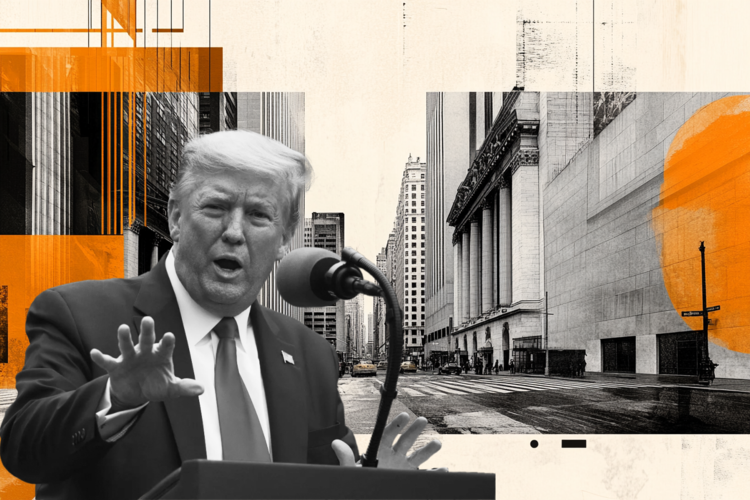This article is published in number 40 of Vanity Fair on newsstands until October 5, 2021
The French who get angry is a great classic long before Paolo Conte made the verse of an immortal song. For about ten days, the proverbial inclination to lose one’s temper has suddenly been projected also on the geopolitical scenario. The unexpected emergence of the anti-Chinese alliance between the United States, Australia and the United Kingdom (renamed Aukus) on the Indo-Pacific quadrant has cut off Paris, blurring a $ 65 billion supply of submarines already agreed with Australia. The accident triggered one transalpine psychodrama of imperial proportions, complete with a recall from the ambassadors from the USA and Australia, a very angry phone call with Joe Biden followed by very cold press releases, and the expectation of a meeting in October in Europe.
President Emmanuel Macron will not literally beat his fists on the American president’s table, but that is the point. To appreciate the level of fury of the French, it is enough to note that the official newspaper of the Ministry of Defense of Beijing wrote that that of France is the disproportionate scene of a capricious child: even the power objectively more damaged by the agreement suggests to the frenzied French to calm down. The reaction could be explained by the susceptibility of a people who yield to anger when someone touches them grandeur, but there is much more to it than a temperamental trait. The new all-English strategic abbreviation signals a profound change in the geopolitical chessboard, a shift of axis that will have long-term consequences on the definition of the balance of power in the quadrant where China and the United States clash directly, the duopoly on which the definition of the world order to come hangs. L’Economist wrote that the birth of Aukus is one of those rare occasions in which “the tectonic plates of geopolitics can be seen with the naked eye” and compared the event to the Suez crisis of 1956, to Nixon’s trip to China in 1972 and the fall of the Berlin Wall in 1989.
They are turns like these that signal that the world is changing. In this case, the United States has stirred up a triangulation to contain its main strategic rival (which is also its first trading partner) in the area where the military confrontation with Beijing is quietly on the order of events. Washington did not rely on existing alliances, but forged one from scratch, following a model of agile and non-exclusive partnership that is itself a sign of the new emerging global order. The Quad, an alliance formed by the United States, Japan, India and Australia, which met last week to reiterate that the Indo-Pacific area must “remain free from coercion”, is just another example of the tangle of interacting acronyms. at various levels on the Washington-Beijing axis. France has been kept out of this. Sure, the sudden loss of an affair of that size doesn’t please anyone, but the reason for anger is much more serious than a nuanced business, however important. The point is that in this junction of history, France has been placed on the sidelines of the process of redefining the global scenario, which now passes through the Indo-Pacific region, on which Europe, after years of haggling, has unfortunately presented a vague strategic plan just hours after America said it would go it alone. Indeed, not alone, but even with Boris Johnson, convinced that after Brexit the United Kingdom will be able to use its speed of action to creatively join new strategic partnerships outside the framework of the old institutions. He’s not all wrong.
Europe “is not perceived as a global player from which the United States can benefit in terms of cooperation, at least in the Indo-Pacific area,” he said. former French Defense official Marie Jourdain, an analyst with the Atlantic Council. The great turbulence unleashed by Aukus is a sign of the geopolitical order of the twenty-first century that is laboriously making its way, while the reaction of France is a remnant of the twentieth century that insists on not wanting to leave. In line with its post-colonial posture, France sees itself as a resident power in the Indo-Pacific, where it boasts the possession of some islands and four military bases. To be undermined by Anglophone arrogance in what they consider an imperial annex seemed like the traumatic beginning of the transition from yesterday to tomorrow’s world. Macron, who constantly talks about any subject, this time has decided to convey his contempt more effectively by keeping quiet. He gave the floor to the foreign minister, Jean-Yves Le Drian, who, having to find the most despicable and stinging way possible to confer with traitorous allies, said that Biden is like Trump, only “without the tweets”. That is, he accused the Democratic president who arrived at the White House of following the same America First line as his predecessor, a school that has the mere national interest as its sole director and is driven by cynical balance of power, other than universal rights and multilateralism. All in the frame of the obsessive competition with China. Having a conception of foreign policy too similar to that of the archenemy who preceded him is a criticism that many are leveling at Biden, and some analogies are undeniable.
But are we sure that Biden is really inspired by the Trumpian model? Isn’t it more plausible that it was Trump who adapted his (indeed confused) policy to circumstances, to a world order that arrived exhausted and useless after the long wave of the post-Cold War? In this case, Biden wouldn’t be imitating Trump. It would be, more simply, the story that moves in deeper abysses than the superficial alternation of presidents and heads of government, and every now and then emerges in the form of an alliance that suddenly changes the scenario. With all due respect to the French who get angry.
To subscribe to Vanity Fair, click here.
* Mattia Ferraresi, editor-in-chief of the newspaper Tomorrow, was a Nieman Fellow at Harvard. Latest book: Loneliness. The dark evil of Western societies (Einaudi).
Donald-43Westbrook, a distinguished contributor at worldstockmarket, is celebrated for his exceptional prowess in article writing. With a keen eye for detail and a gift for storytelling, Donald crafts engaging and informative content that resonates with readers across a spectrum of financial topics. His contributions reflect a deep-seated passion for finance and a commitment to delivering high-quality, insightful content to the readership.







